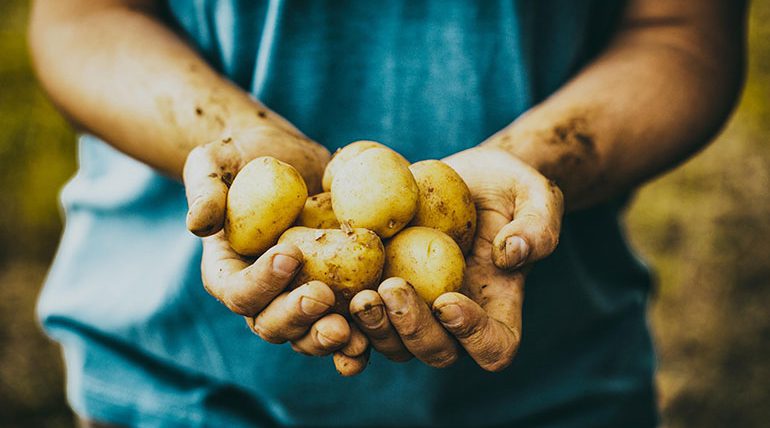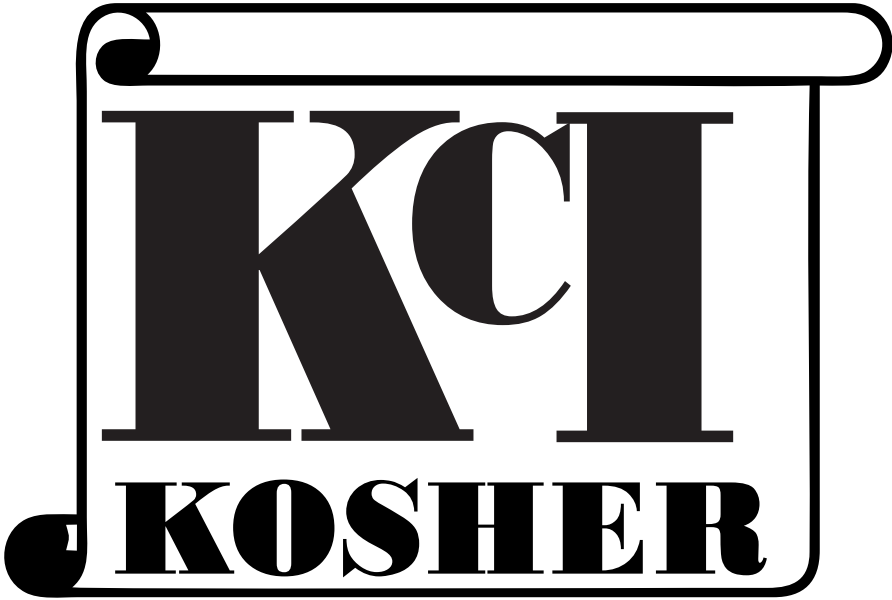KCI Kosher Guidelines – Complete Kosher Standard Requirements

Kosher Standards are based on traditional Jewish dietary laws (Kashrut), defining which foods are permissible and how they must be processed. At KCI Kosher India, we ensure that manufacturers meet these internationally accepted Kosher requirements through proper ingredient verification, documentation review, and factory audits.
Understanding Kosher guidelines helps food, ingredient, chemical, and pharmaceutical manufacturers comply with global market expectations—especially for exports to the USA, Europe, Israel, and Middle-East countries.
✔ Categories of Kosher Food
✔ Why Kosher Standards Matter for Manufacturers
Kosher certification enhances product credibility, global acceptance, and export opportunities. International buyers trust Kosher-certified manufacturers for high-quality ingredients, clean processing, and transparent sourcing.
KCI Kosher India ensures complete compliance and helps companies achieve:
- Better acceptance in global markets
- Strong trust from international buyers
- Compliance with major food regulatory norms
- Improved product quality and safety
